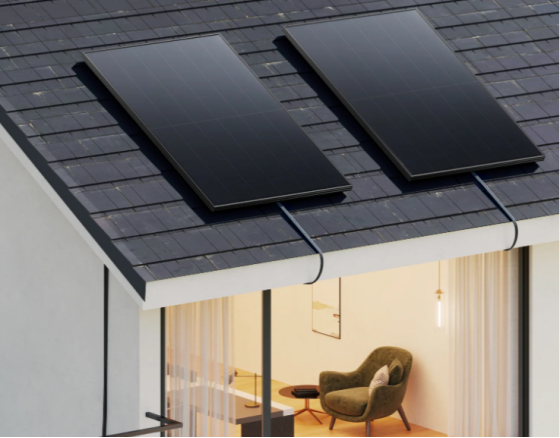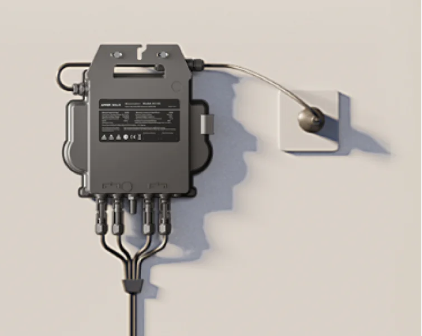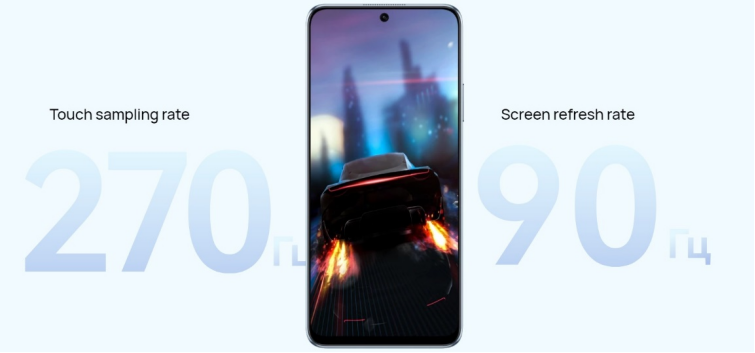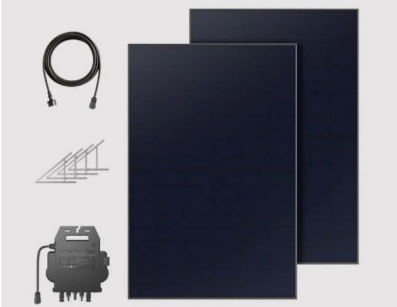How to Evaluate If Your Property Is Suitable for Solar Energy
Switching to solar energy can bring significant benefits, including lower energy bills and a reduced carbon footprint. However, not every property is ideally suited for solar panel installation. This article will guide you through the key factors to consider when evaluating if your property is suitable for solar energy.

Understanding Property Suitability for Solar Energy
Evaluating your property for solar energy involves assessing several critical factors, from sunlight exposure to structural integrity. By understanding these elements, you can determine whether solar panels are a viable option for your home.
Assessing Sunlight Exposure
Sunlight exposure is the most crucial factor in determining the suitability of your property for solar energy. To maximize energy production, your solar panels need to receive ample sunlight throughout the day. Assess any potential shading from nearby trees, buildings, or other obstructions, as shading can significantly reduce the efficiency of your solar panels. Tools like solar pathfinders or apps can help you assess shading throughout the year and determine the best location for your panels.
Evaluating Roof Condition
The condition of your roof is another essential factor. Solar panel installations typically last 25-30 years, so your roof needs to be in good condition to support them for this duration. If your roof is nearing the end of its lifespan, consider replacing it before installing solar panels. This will save you from having to remove and reinstall the panels later. Additionally, ensure your roof can support the weight of the solar panels. A professional assessment can help determine if any reinforcements are necessary, ensuring your roof’s structural integrity remains intact.
Calculating Energy Needs
Understanding your household’s energy consumption helps determine the size and number of solar panels you need. Review your electricity bills over the past year to calculate your average monthly and annual energy usage in kilowatt-hours (kWh). This data will help you size your solar panel system appropriately. Additionally, consider any future changes that may increase your energy consumption, such as purchasing an electric vehicle or adding new appliances. Knowing your energy needs ensures that your solar system can generate sufficient electricity to meet your consumption patterns.

Financial Considerations
Transitioning to solar energy involves an initial investment, but various financial incentives can make it more affordable. Calculate the potential savings on your electricity bills and the payback period for your solar investment. Many governments offer incentives, rebates, and tax credits to encourage solar energy adoption, which can significantly reduce the overall cost of installation. Consider financing options like solar loans, leases, or power purchase agreements (PPAs) to distribute the expense of your solar system over time, making the investment more feasible.
Local Regulations and Permits
Compliance with local regulations and obtaining necessary permits are crucial for a successful solar installation. Check your local building codes and zoning regulations to ensure your solar installation complies with all requirements. Obtain the necessary permits from your local government or utility company. Your solar installer can often assist with this process. However, you can also enjoy solar power immediately if you go to buy balcony power plant 800 watts from Anker which needs no permission from your energy suppliers in Germany.
Professional Evaluation
Consulting with a professional solar installer can provide valuable insights and a detailed assessment of your property’s suitability for solar energy. A professional can conduct a comprehensive site assessment, including roof inspection, sunlight analysis, and structural evaluation, ensuring that you make informed decisions and maximize the benefits of your solar energy system.
Conclusion
Evaluating your property for solar energy involves many things. By carefully considering these factors, you can determine whether solar panels are a viable and beneficial option for your home. Consulting with a professional solar installer can further ensure that you make informed decisions and maximize the benefits of your solar energy system. Start your journey towards renewable energy today and enjoy the long-term advantages of sustainable living.


